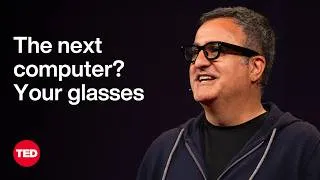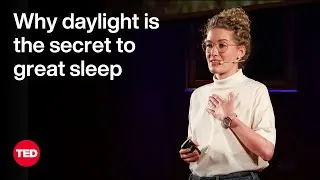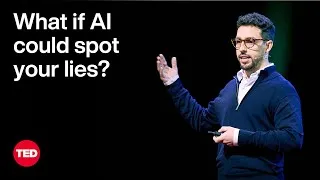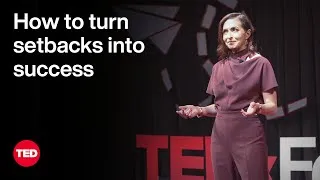A videó lejátszásához kattintson duplán az alábbi angol feliratokra.
New videos
Original video on YouTube.com
Ez az oldal olyan YouTube-videókat mutat be, amelyek hasznosak az angol nyelvtanuláshoz. A világ minden tájáról származó, kiváló tanárok által tartott angol leckéket láthatsz. Az egyes videók oldalán megjelenő angol feliratokra duplán kattintva onnan játszhatja le a videót. A feliratok a videó lejátszásával szinkronban gördülnek. Ha bármilyen észrevétele vagy kérése van, kérjük, lépjen kapcsolatba velünk ezen a kapcsolatfelvételi űrlapon.







